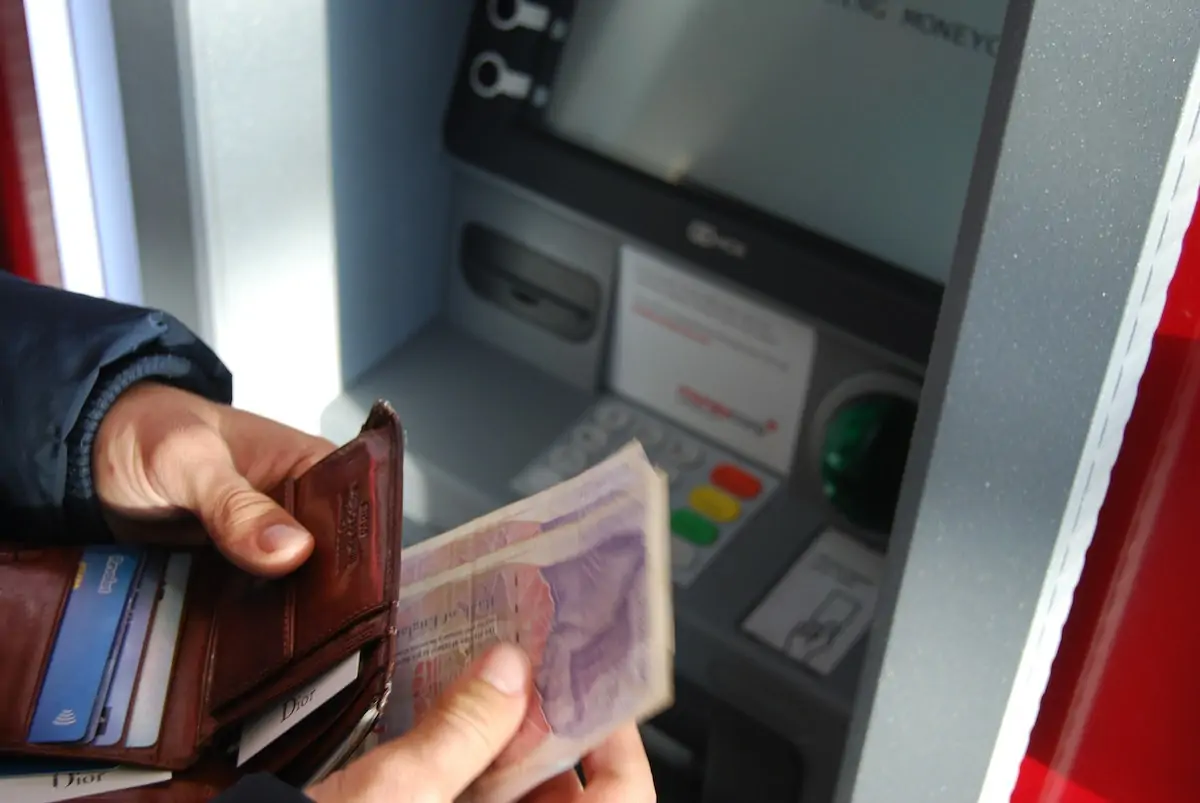
Does a sole trader need a business bank account?
6 Sep 2020When you first establish a business, it’s likely that you will set up as a sole trader who is self-employed for tax purposes. Apart from all the other important tasks when you first start, one of the first questions you should ask is, “Do I need a business bank account as a sole trader?”.
The short answer is no. However, that’s only a partial answer from a legal perspective — HMRC’s position is that you don’t need a business account if you are a self employed sole trader in the UK.
If you phrase the question from the opposite perspective – “Can I use a personal account for business” – the answer again is yes, but that’s a limited yes because there are potential drawbacks in using the same account for personal and business purposes.
The situation changes if you are self-employed, but set up your business as a limited company. As a limited company, your business has a separate legal identity and using a personal account for a limited company is not allowed under HMRC’s rules. A limited company needs a business bank account.
Banking and finance for limited companies is a separate issue. In this article, we concentrate on banking for self-employed sole traders and explain what business bank accounts can offer.
Check transaction levels
Using a personal bank account for business is a simple way to manage your finances, provided the number of transactions is low. For example, you might only issue a small number of invoices each month for services you provide and your only purchases might be office equipment and basic supplies.
However, if you are regularly purchasing supplies for manufacture or buying in products for resale, the number of transactions will be much higher. It can then be more difficult to separate and track business and personal income and expenditure. You might also find that your bank does not allow a high number of transactions and will ask you to switch to a business account.
Simplify accounting for tax
Each year, by the end of January, you have to submit a self-assessment tax return. To prepare for that, you need to keep accurate records of your income and any allowable business expenses.
If you use a personal bank account, it can be difficult to separate business from personal expenses and collate expenditure with receipts as evidence. By keeping a separate account for business, you will not have to spend valuable time identifying and recording business income and expenditure. You simply have to refer to your bank statements.
Related: How To Pay Self-assessment Tax & Deadlines
Make it easier to monitor cash flow
To run your business efficiently and ensure that you are always in a position to cover any liabilities, you must be able to monitor cash flow easily. In simple terms, that means ensuring your current and forecast income exceeds your current and upcoming liabilities.
With a single record of income and expenditure in one place – your business bank statement - it’s easy to analyse your current position. You can also use past bank statements to identify any upcoming business-related direct debits or other recurring payments.
That makes budgeting and financial analysis easier and saves you time better spent on growing your business.
Build professional credibility
Opening a business bank account in your business name can help you build a more professional image. When customers and suppliers recognise that you are an established business, this may help you win more business or negotiate improved payment and settlement terms.
You may also find that some customers are only willing to make payments into a business bank account, so keeping a personal account could limit business opportunities
Take advantage of business bank facilities
Some business banks offer services that can help you run your business more efficiently or support faster growth.
For example, the bank may offer links to your accounting software to simplify record keeping or mobile banking services that can help if you are frequently away from your office. Some may offer the services of a small business adviser, who can advise on finance or business development. If you are looking for funds for growth, business banks offer specialist loans or other forms of credit.
Choose the right business bank account
While opening a business bank account can offer you important advantages, not all accounts are equal so it pays to carry out research before applying for a sole trader account. Among the important considerations, check:
-
Does the bank have a branch in your area – more important if you have to deposit cheques or cash?
-
Does the bank offer online or mobile banking?
-
What are the fees for maintaining the account and charges for transactions or going overdrawn?
-
What types of funding are available?
-
Does the bank have a small business adviser in a nearby branch?
-
What is the application procedure and how quickly will the bank process your application?
Take professional advice
Making a decision about choosing the best type of bank account for your business can be difficult and time consuming. If you would like advice on the most suitable account for your business, our team of experienced small business advisers and accountants will be glad to help.
To find out more, please contact us at info@accountsandlegal.co.uk.




















